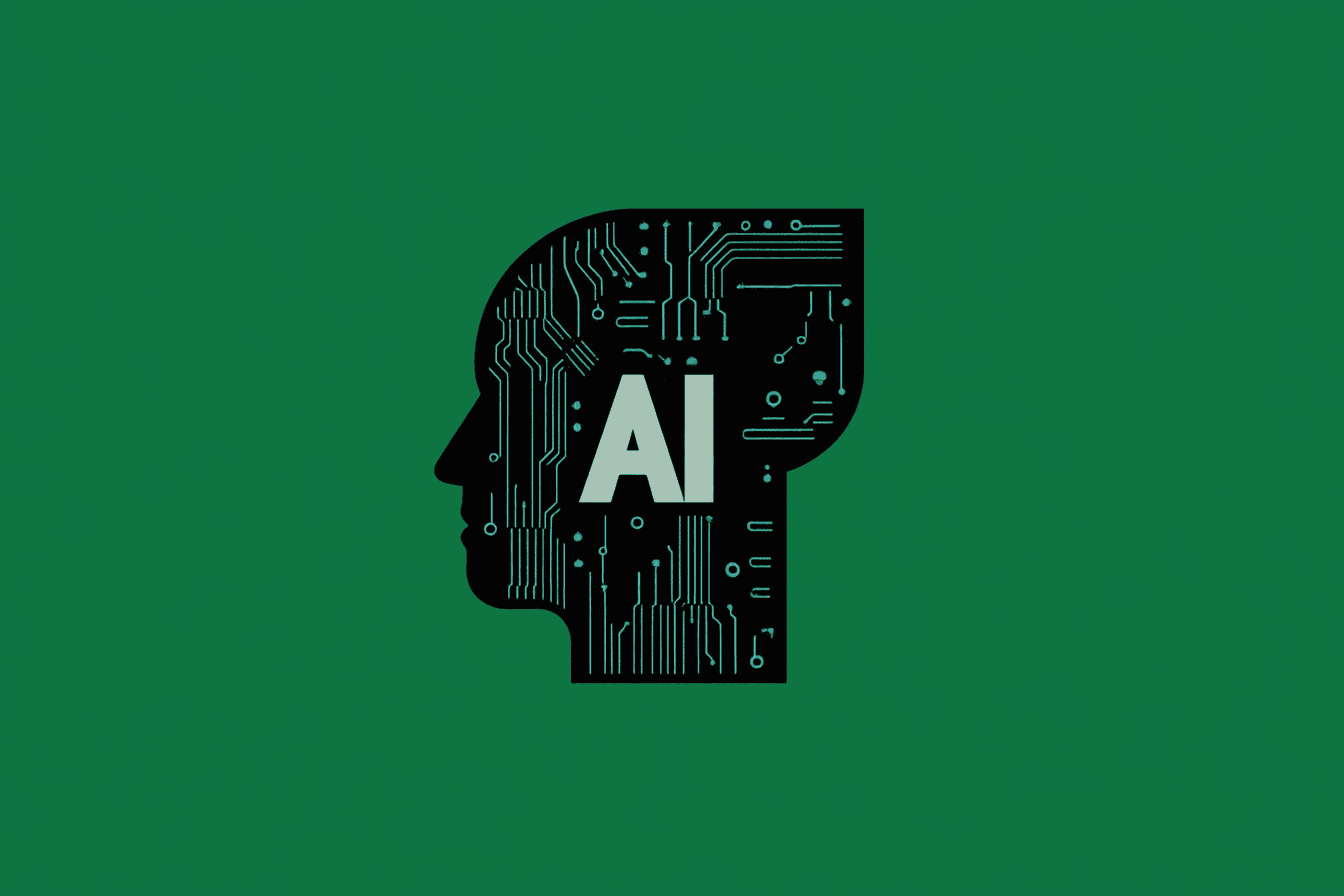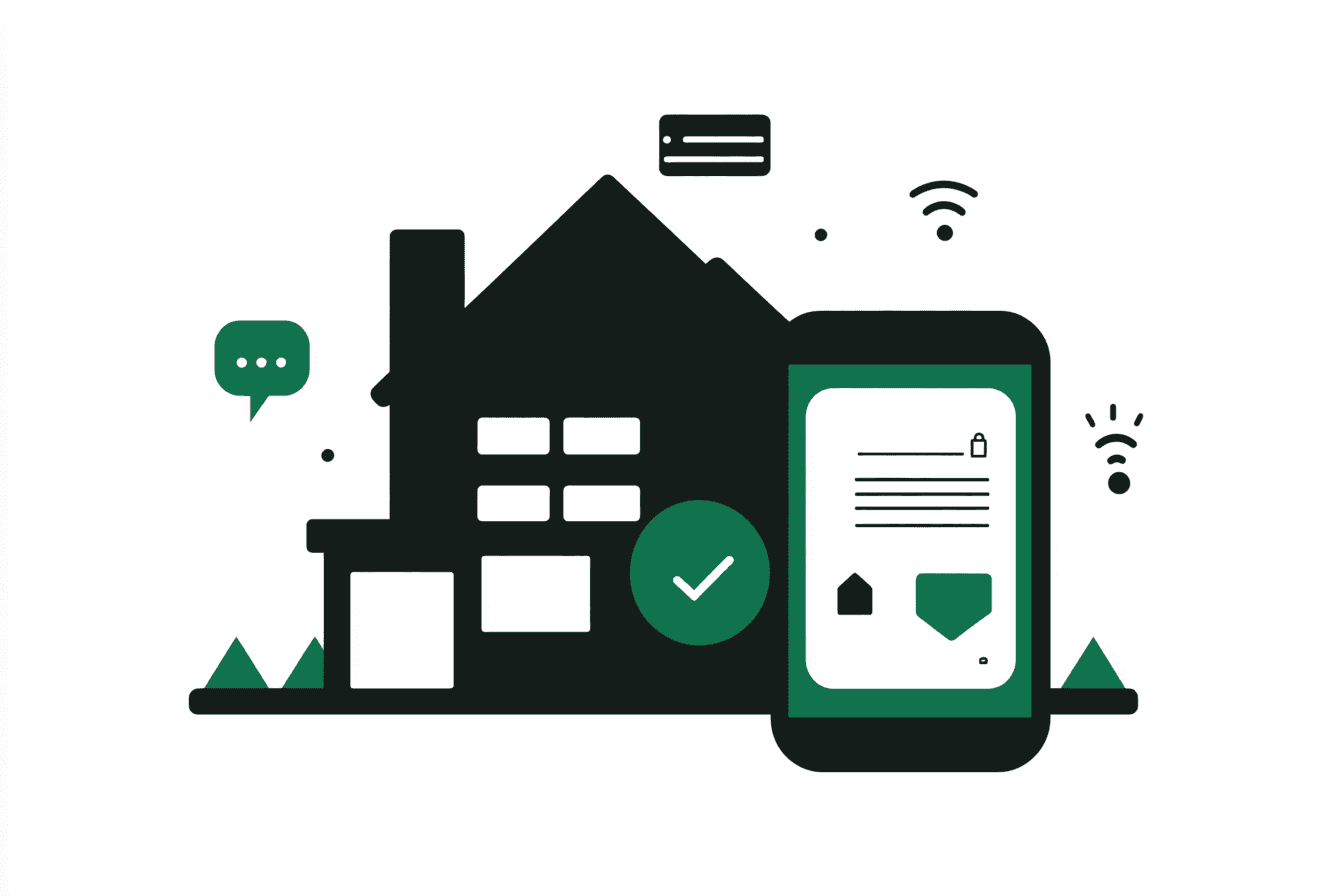technology
May 23, 2024
AI: Transforming industries one byte at a time
A look at how artificial intelligence is revolutionising various industries through automation and data analysis.

AI: Transforming Industries One Byte at a Time
In the digital age, Artificial Intelligence (AI) has emerged as a transformative force, revolutionizing industries across the board. From healthcare to finance, manufacturing to retail, AI is reshaping how businesses operate, innovate, and deliver value to customers. Let's explore how AI is making its mark, one byte at a time.
The AI Revolution: More Than Just Automation
When we think of AI in industry, the first image that often comes to mind is robots on assembly lines. While automation is indeed a significant aspect of AI's impact, the revolution goes far deeper. AI is enhancing decision-making processes, optimizing operations, and creating entirely new business models.
Healthcare: Precision and Prediction
In healthcare, AI is proving to be a game-changer. Machine learning algorithms can now analyze medical images with accuracy rivaling (and sometimes surpassing) human experts. This capability is speeding up diagnoses and reducing errors in fields like radiology and pathology.
Moreover, predictive AI models are helping healthcare providers anticipate patient needs. By analyzing vast amounts of health data, these systems can identify individuals at high risk of developing certain conditions, enabling early intervention and potentially saving lives.
Finance: Smarter Investments and Fraud Detection
The financial sector has been quick to adopt AI technologies. Algorithmic trading, powered by AI, now accounts for a significant portion of stock market transactions. These systems can analyze market trends and execute trades at speeds impossible for human traders.
AI is also bolstering security in finance. Advanced machine learning models can detect fraudulent transactions in real-time, protecting both institutions and customers from financial crimes.
Manufacturing: The Smart Factory
In manufacturing, AI is ushering in the era of the "smart factory." IoT sensors coupled with AI analytics are enabling predictive maintenance, reducing downtime, and optimizing production processes. This not only increases efficiency but also improves product quality and reduces waste.
Retail: Personalized Shopping Experiences
Retailers are leveraging AI to create hyper-personalized shopping experiences. Recommendation engines, powered by machine learning, can suggest products based on a customer's browsing history, purchases, and even contextual factors like weather or local events.
AI-powered chatbots and virtual assistants are also transforming customer service, providing 24/7 support and handling routine queries, freeing up human agents for more complex issues.
Challenges and Considerations
While the potential of AI is immense, its integration into industries is not without challenges:
Data Privacy and Security: As AI systems rely on vast amounts of data, ensuring the privacy and security of this information is paramount.
Ethical Concerns: The use of AI in decision-making processes raises ethical questions, particularly in sensitive areas like healthcare and criminal justice.
Workforce Displacement: As AI automates more tasks, there are concerns about job displacement. However, it's also creating new roles and opportunities.
The "Black Box" Problem: Many AI systems, particularly deep learning models, operate as "black boxes," making it difficult to understand how they arrive at their decisions.
The Road Ahead
As AI continues to evolve, its impact on industries will only grow. The key to harnessing its full potential lies in addressing the challenges head-on and fostering a culture of responsible AI development and deployment.
Industries that embrace AI thoughtfully and strategically will find themselves at the forefront of innovation, able to deliver better products and services, operate more efficiently, and create value in ways previously unimaginable.
The AI revolution is here, transforming industries one byte at a time. The question is no longer whether AI will change your industry, but how you'll adapt to stay ahead of the curve.
